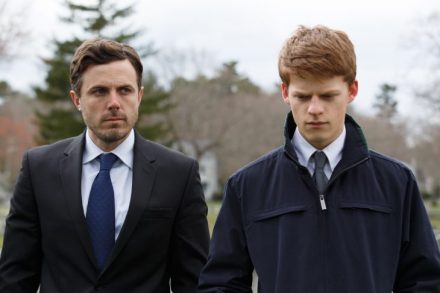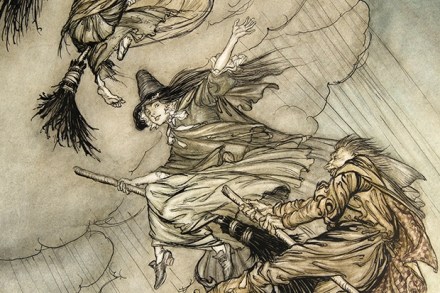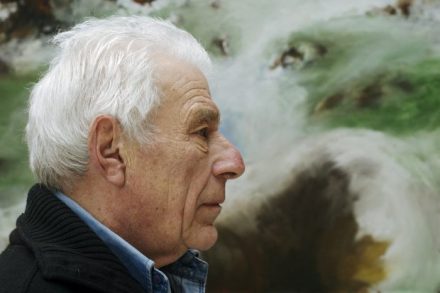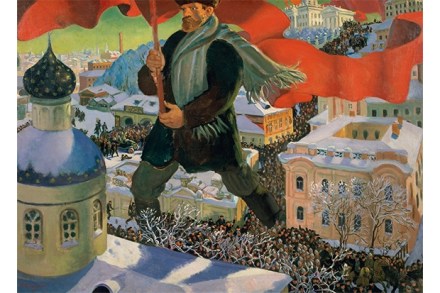An astronomical feat
Lead book reviewThink of a computer and your mind might conjure the brushed steel contours of the latest must-have laptop or, for those of a certain age, a room full of whirring cabinets and reel-to-reel tape decks. The era of electronic computing has its roots in the code-breaking exploits of Bletchley Park; but the need for repetitive






























